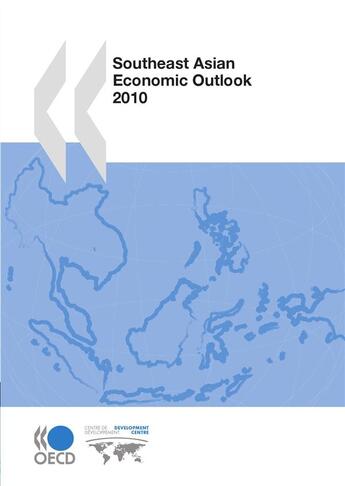-
Date de parution : 26/11/2010
-
Editeur :
Oecd
-
EAN : 9789264096004
-
Série :
(-)
-
Support :
Livre numérique
-
Nombre de pages : (-)
-
Collection :
(-)
-
Genre :
Economie
-
Thème :
Economie
-
Prix littéraire(s) :
(-)
Résumé:
The global financial crisis has offered an important opportunity for Southeast Asian countries to rethink past growth strategies and project new development visions. This inaugural edition of the Southeast Asian Economic Outlook looks at current efforts to rebalance growth for the region and at... Voir plus
The global financial crisis has offered an important opportunity for Southeast Asian countries to rethink past growth strategies and project new development visions. This inaugural edition of the Southeast Asian Economic Outlook looks at current efforts to rebalance growth for the region and at what form growth will take in the future.
The analyses and discussions presented in this volume highlight the need to implement five-year development plans with a view to rebalancing growth and instituting a credible fiscal policy framework conducive to greater fiscal discipline. In particular, well-designed fiscal rules, independent fiscal agencies and a medium-term budgetary framework are crucial elements. Although such institutions are becoming increasingly important across OECD countries, there is room for improving the institutional settings in Southeast Asia.
The 2010 Outlook also addresses the fact that the future development of Southeast Asian countries is likely to be uneven across sectors and economies, unless necessary measures are taken. Sectors of new growth in the region will need to be supported by going beyond the current narrow range of electronic products and developing more niche and speciality products that are priorities of the Association of Southeast Asian Nations.
Another area of policy action proposed is to develop more integrated transport networks. Given the huge investment needs for infrastructure development, new financing methods, such as infrastructure revenue bonds, should be further explored to promote public-private partnerships in the region.
Donner votre avis














